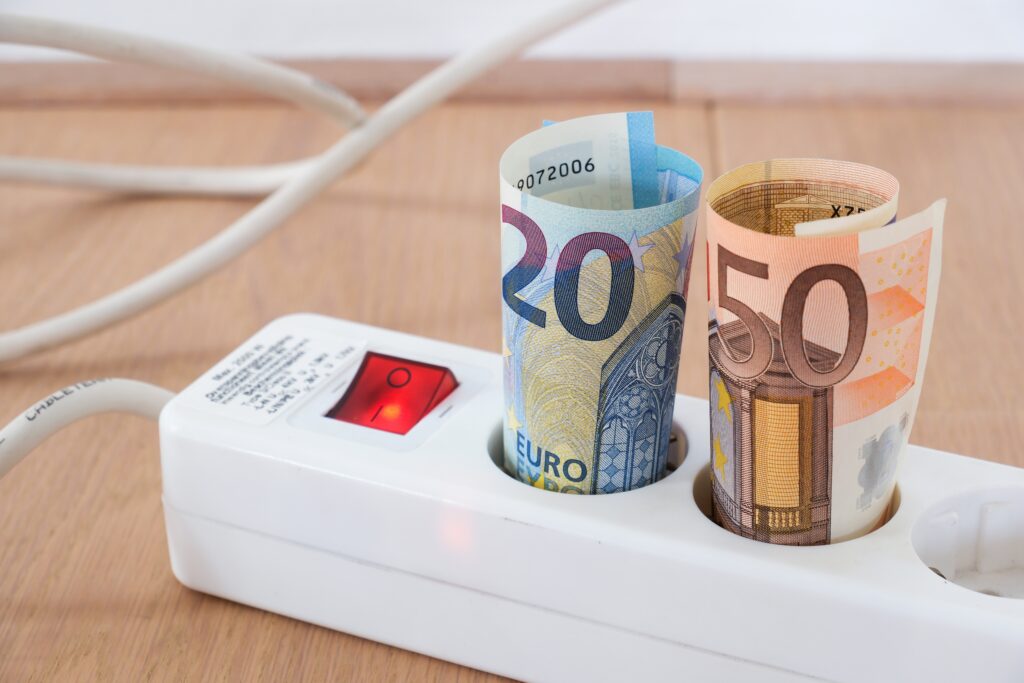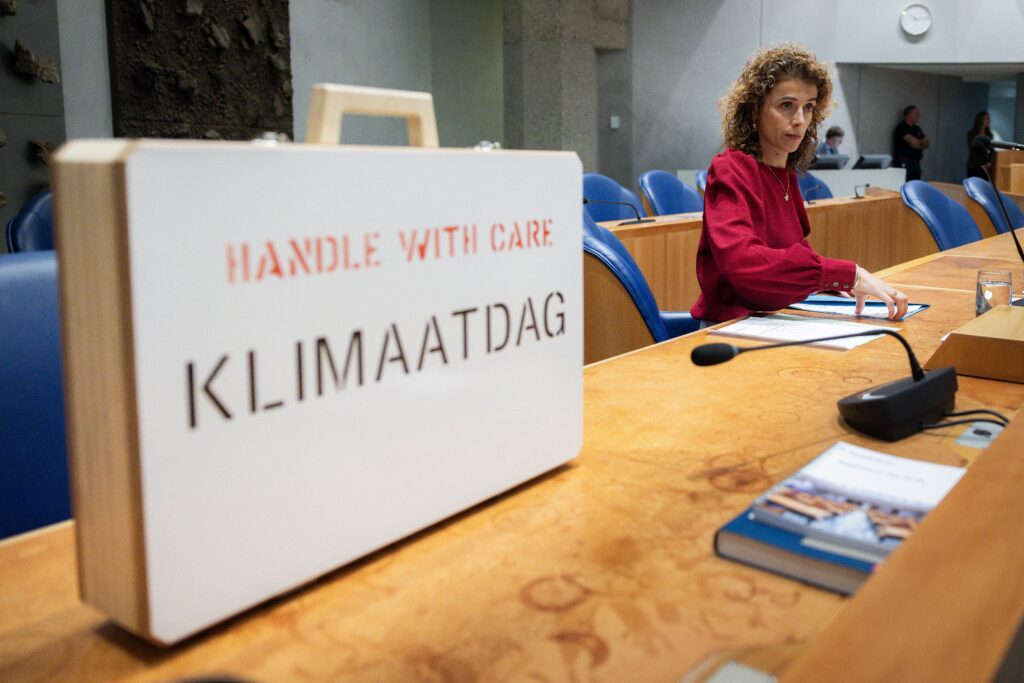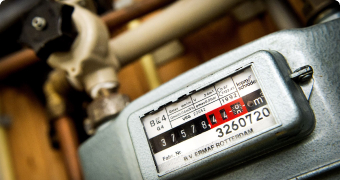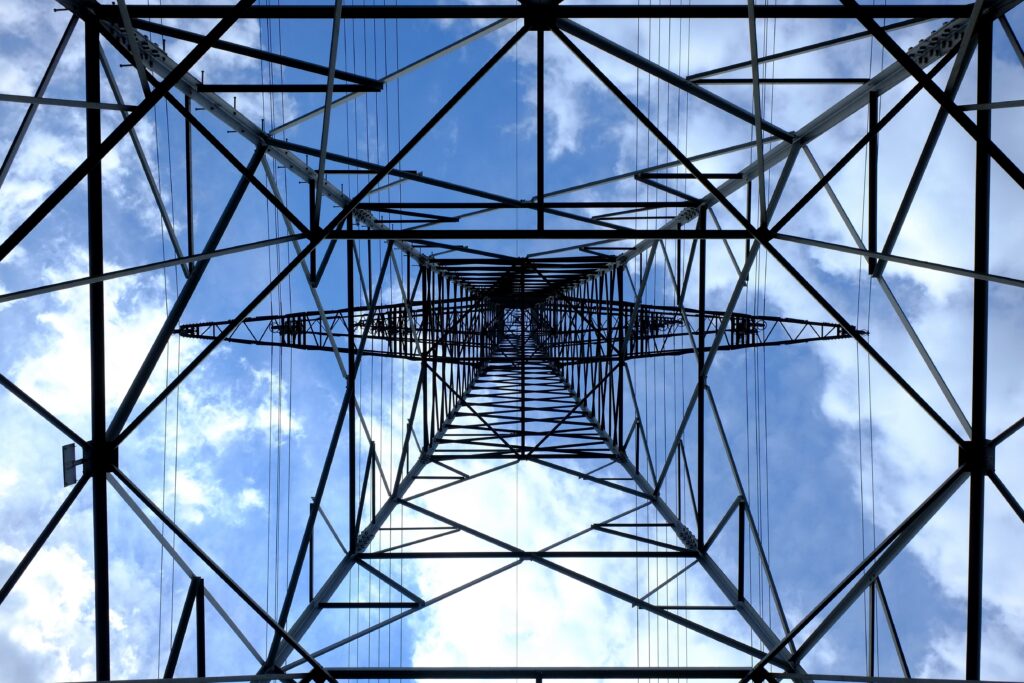Today, Acer – the European Agency for the Cooperation of Energy Regulators – will present a position paper on the development of the European electricity trading futures market.
Energie-Nederland is positive about the idea in this position paper that national grid operators allocate transportation rights for cross-border capacity for terms longer than one year. At the same time, Energie-Nederland is concerned that new, complex rules are being introduced on how cross-border trade should take place. For example, ACER proposes to implement a virtual European hub whereby TenneT, as the operator of the national high-voltage grid, is to start allocating transportation rights between the Dutch bidding zone and this hub. This could work in theory, but it would not fundamentally improve the issue of low liquidity in the futures market. This liquidity is determined by the size of the market and the market structure in the Dutch bidding zone and not by the way in which border capacity is allocated.
According to Energie-Nederland, it is important to incorporate the aspect of a liquidity of the futures market but also the trade taking place on the day of delivery (intraday market) in the ongoing review of the bidding zones. A possible split of the Dutch bidding zone will increase the risks the market participants are exposed to, and certainly solar and wind production too. This will lead to higher costs for consumers.
Furthermore, Energie-Nederland calls on ACER as well as the national regulators to pay attention to improvements that are possible within the current market rules. This should include opening of cross-border intraday trading in the last hour before delivery, introduction of transportation rights on NorNed, more transparency around the calculation of border capacity and the application of cross-border redispatch.






